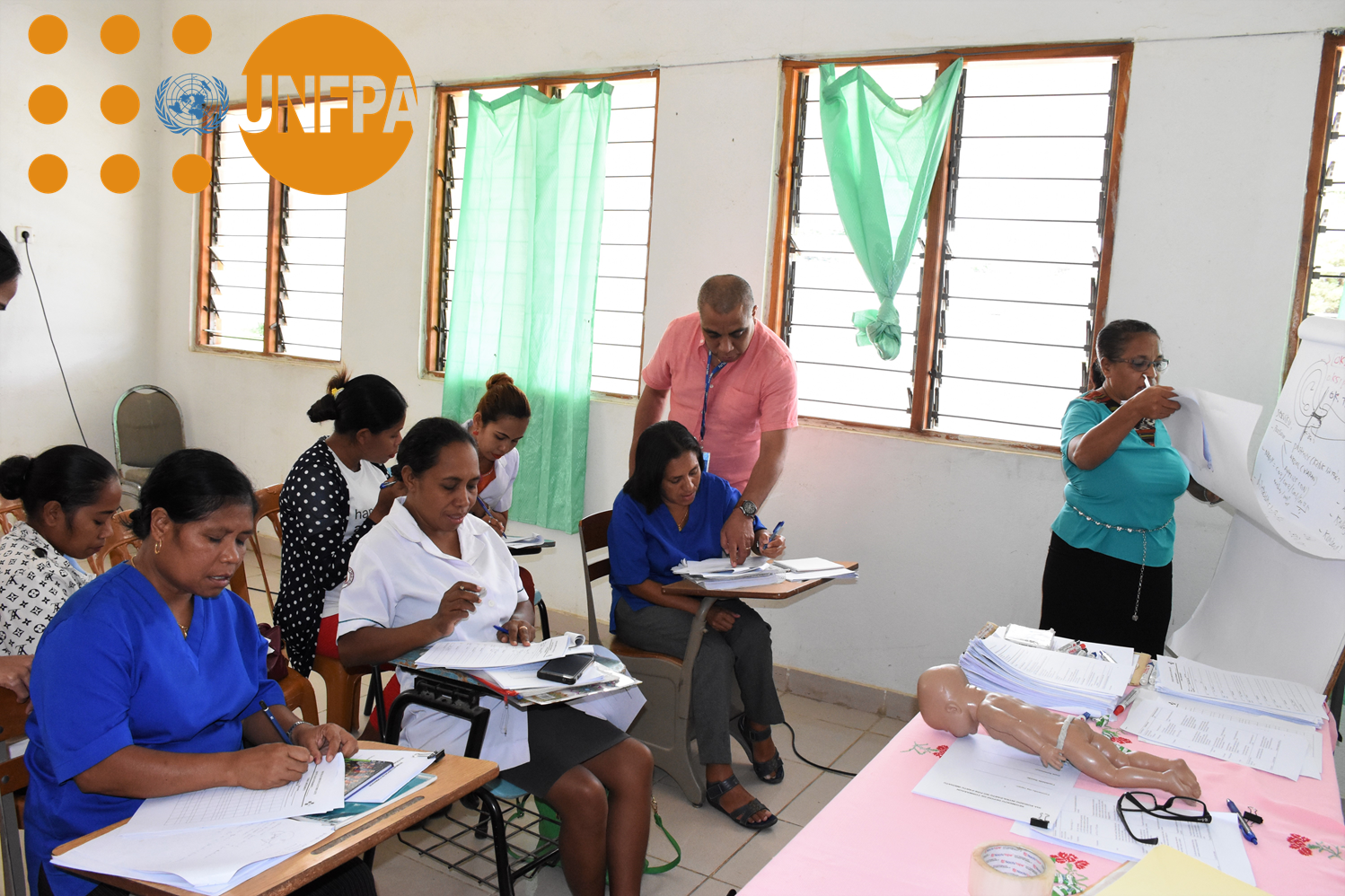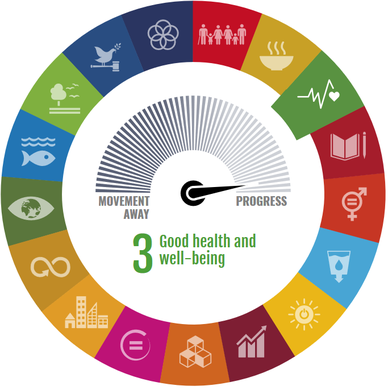Pante Makassar, Special Administrative Region of Oé-cusse Ambeno (RAEOA), Timor-Leste - Since 2013, Dr. Catarina da Costa Conceição Anuno has been working in Special Administrative Region of Oé-cusse Ambeno (RAEOA). Her first post was at the remote Bauknana health center, where she worked for 7 months. Following this she was transferred to the RAEOA referral hospital where she has been working on many Emergency obstetrics cases. The hospital is one of the 9 health facilities identified by the Ministry of Health (MoH) as a Basic Emergency Obstetric Health Center. She is passionate to contribute to the reduction of neonatal and maternal deaths in her municipality. However, like many rural-based health workers, Dr. Catarina lacked essential skills to enable her to provide lifesaving Emergency Obstetric and Newborn Care (EmONC).
“I have always felt a lack of confidence when a mother comes to the health center or hospital with birth complications. I felt the need to learn much more in order to be able to ensure a safe delivery”, said Dr. Catarina.
The maternal mortality ratio of Timor-Leste in 2015 is 215 deaths per 100,000 live births per woman.[1] A ratio that is still far from achieving the national goal of 108 per 100,000 live births,[2] and also target 3.1 of the Sustainable Development Goal (SDG 3) (Ensure healthy lives and promote well-being for all ages and at all times, by 2030, reduce the global maternal mortality ratio to less than 70 per 100,000 live births).

To place Timor-Leste in context, the Maternal (Mortality Estimation Inter-Agency Group) MMEIG point estimate for 2015 was the third highest in Asia, behind Afghanistan and Nepal, equal to the value for Papua New Guinea, and 89 deaths per 100,0000 live births higher than in Indonesia (WHO, 2015).
With 5% of total deaths during pregnancy (11 out of 219), whilst giving birth and within six weeks of delivery in Timor-Leste occurring in RAEO, it is important to assess the reasons and solutions in preventing maternal mortality.
Way Forward
In order to reduce the maternal mortality cases, the Instituto Nacional da Saúde (INS), and the Maternal and Child Health (MCH) department of the Ministry of Health (MoH), organized Emergency Obstetric and Newborn Care (EmONC) trainings with technical support from UNFPA and World Health Organization (WHO).

Through onsite training and mentorship in the provision of EmONC training, Dr. Katarina is now able to successfully perform life-saving procedures.
“I was in the fourth batch of the health workers that received the Emergency Obstetrics and Neo-natal care (EMONC) training in April 2019. The training that we have received has saved the lives of many mothers and babies in RAEO” said Dr. Katarina.
UNFPA, in collaboration with WHO carried out a needs assessment and designed the training programme on EMONC. Since then, four batches of EMONC trainings has been conducted for 40 midwives and 7 medical doctors, from selected health facilities identified in the EMONC Improvement Plan of Action.
In April, 2019, Dr. Catarina was a part of the 26 day EMONC training at the HNGV in Dili, Timor-Leste. During the training the participants learnt to identify and manage complicated cases during and after delivery, for instance, the management of vaginal bleeding after childbirth, the management of puerperal complications, and newborn resuscitation.
“After the training I am feeling much more confident because I have learnt skills which adhere by international standards and protocols, to tackle complications during births. These are skills that I apply everyday here at the referral hospital in RAEOA”.
The EMONC training is funded by WHO, UNICEF, Health Alliance International (HAI), John Snow International (JSI), the Korean government through KOICA, and the Australian government through Partnership for Human Development (PHD).
UNFPA Timor-Leste is committed to support Timor-Leste to achieve the target of a maternal mortality ratio to less than 70 per 100,000 live births. In order to achieve this target, it is imperative to build the capacity of the health workers in the country.
“I am very proud to have been trained in EMONC, because by applying the life-saving skills that I have learnt, I can contribute to reducing the mortality and morbidity of mother and newborns. I find this truly important for the development of Oe-cusse, and Timor-Leste as a whole. Nasaun forte tamba inan ho oan forte no saudável (Strong and healthy mothers and children leads to a strong nation)”, she said.

***
The United Nations Population Fund (UNFPA) is the lead UN agency for delivering a world where every pregnancy is wanted, every childbirth is safe, and every young person’s potential is fulfilled. UNFPA reaches millions of women and young people in 155 countries and territories, including Timor-Leste.
[1] Mortality Estimation Inter-Agency Group (MMEIG), 2015
[2] National Strategy on RMNCAH 2015-2019.


